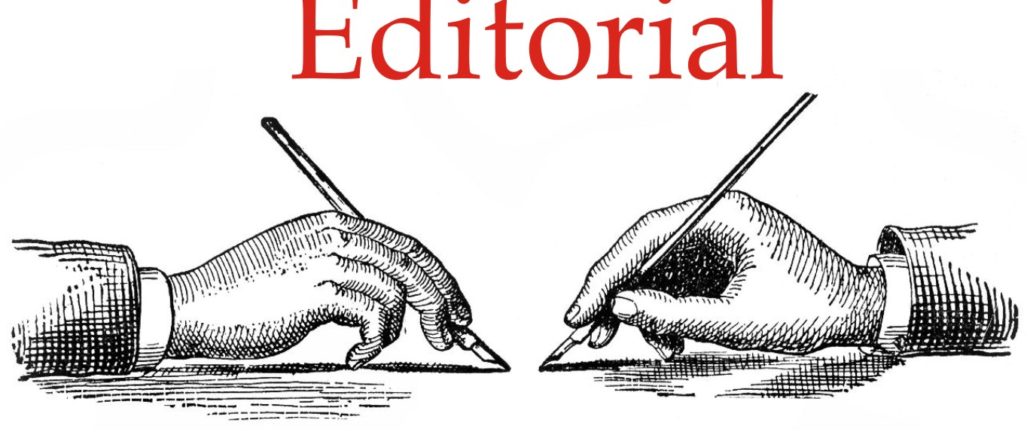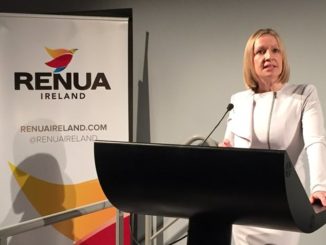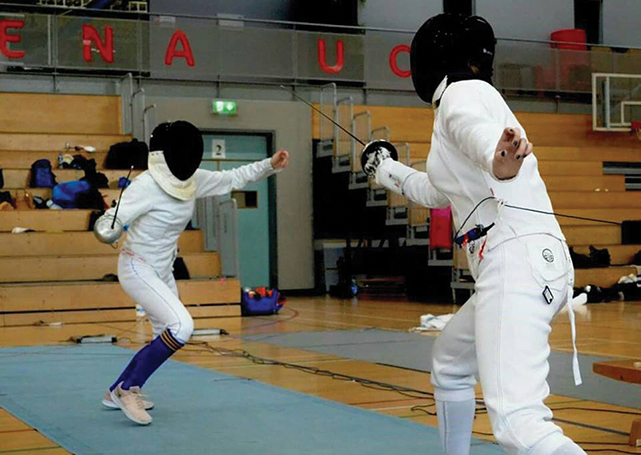
[dropcap]All[/dropcap] changed, changed utterly: a New DCU has been born. We have now passed the four month anniversary of the DCU Incorporation Programme and now is the time to reflect and consider the impact it has made on students and staff, for better and for worse.
The facts are that three college’s (St. Patrick’s College Drumcondra, Mater Dei Institute and the Church of Ireland College of Further Education) were brought under the remit of Dublin City University last year as a single legal entity, raising student numbers to over 16,000 and staff to 1,600.
St. Pat’s is now DCU St. Patrick’s, CICE no-longer exists, moving from its former location in Rathmines to Drumcondra to join St. Pat’s in forming DCU’s fifth faculty: the Institute of Education, while Mater Dei too moved to Drumcondra.
DCU said it would “herald a new era for education in Ireland”, bringing together the largest critical mass of initial teacher education expertise in the country.
Two weeks ago students and staff protested outside the former home of one of DCU’s amalgamated institutions, CICE. They demonstrated against unsatisfactory contracts in relation to payment and hours and said that programmes previously offered in their college were being terminated, leaving students in limbo.
These are unsavory scenes considering the mantra of the programme to: “build on the complementary strengths of the founding institutions in delivering a differentiated student and staff experience, underpinned by effective implementation of the transformation process.”
That is a dense promise and a tall task, with the “effective implementation of the transformation process” proven to be a sticking point when taken into account staff in CICE had a reported 24 hours to pack up and leave before the gates were locked and the college closed back in August.
On the one hand, one of the undoubted highlights of the move has been to bring separate Catholic and Protestant college’s under one secular, pluralist roof — something which is unique in Ireland and equally unimaginably prior to the Good Friday Agreement.
The Incorporation has raised student numbers, diversifying the college and has brought new facilities such as bigger lecture halls, libraries and computer labs to more students from smaller colleges.
But what about the students? The big selling point of the programme was to bring the expertise of four institutions to all those who would call themselves DCU students from now on. But that’s where we hit another roadblock — many students from the incorporating institutions simply do not identify themselves as DCU students. Loss of identity has been a crucial but misrepresented issue since the move for smaller colleges.
Many students of the incorporated institutions feel that the traditions and unique histories of their colleges are being wiped away without a second thought. As though they are being drawn without consent towards a larger conglomerate called DCU where all that they knew is gone, all the while being told that that’s okay because it is for the collective good of future generations.
Being told on a regular and consistent basis that the New DCU is a good thing does not take away from these quiet feelings of isolation and loss of identity from the staff and students of those smaller colleges who now must go searching for their place in a DCU where many feel unwanted, lost and disenfranchised.
Staff must move offices and negotiate new contracts, students face lectures across multiple campuses, modules are lost, programmes restructured, Students’ Unions in disarray, clubs and societies lost and some merged — all of this combined to repeatedly see students of the smaller institutions lose out time after time and gain little individual, pragmatic value in return.
The move has made little difference to Glasnevin-based students. What little change brought about has been positive, but not enough to make up for the discontent now being endured by their fellow DCU students from those smaller colleges, who must trek across multiple campuses, face packed libraries not big enough to cater for all new incoming students, and try to find time and ample distance to take part in multi-campus clubs & societies.
Some of this was to be expected and perhaps will be looked back upon as the minor difficulties of transition. But we must ask what DCU stands for now as this new entity, and what it will represent going forward by means of ethos and outward identity.
Incoming first years of 2017/18 will become normalized to this state of affairs, but it appears clear and transparent now that those students in the midst of their studies, the graduates of 2017, 2018 and 2019, were not given preference or even much consideration by those implementing the Incorporation Programme; they were simply pawns that would be moved on and forgotten by the passage of time.
We must come to terms with the fact that the biggest programme implemented in the history of DCU has seen so many of its students marginalised for a greater good they will not stay long enough to bear the fruits of.
Aaron Gallagher



